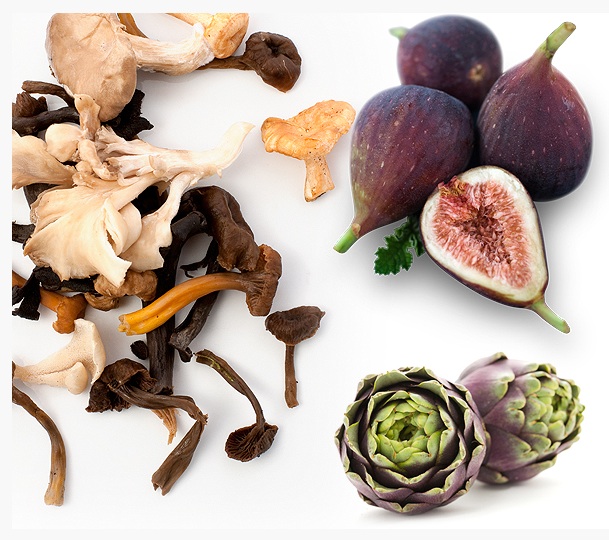As promised (you didn’t have to wait very long), Holly Davis is here on the blog with her first “Clean Healthy Living” column. This week she weighs in on the organic vs. conventional debate. Enjoy!
*****
By Holly Pellham Davis
I am still hearing about the recent “news reports” stemming from the Stanford University study comparing conventional and organic foods on your health.
As a result of the Stanford study, there have been countless articles, newscasts, tweets, and blog posts declaring “Organic foods are no more nutritious for you than Conventionally grown foods!” It has many people wondering if they have been duped into paying more for organic foods and others disheartened believing that their efforts to provide the best for their families was all for not.
Well, take heart, as there is a lot more to this study than its headlines. The Stanford review was a meta-analysis study, comparing data from some previous 223 studies. The research varied greatly, conditions were not controlled (ie: crop, soil, region, domestic, import), and “publication bias could have been present.”
Perhaps the most troubling is the exclusion by the researchers of certain nutrients that are known to be higher in organic foods! Over the years, at least a dozen other research groups have conducted similar studies comparing organic vs. conventional with 60% of them finding organic foods to be higher in nutritional value than conventional foods. According to analysis by Washington State University research professor Charles Benbrook, polyphenols (antioxidants) and other beneficial compounds were found to be consistently higher in organic produce, due in part to the plant’s ability in a natural organic field to fend off attacking insects by increasing their natural defenses.
This leads us to the most important reason to choose organic foods, pesticides. Organic produce is grown without the use of synthetic pesticides. Organic meat and poultry are grown without antibiotics (the study did site 33% reduced risk of antibiotic-resistant bacteria in organic meats), growth hormones, feeds containing animal by-products, GMOs and pesticides. The Stanford study found pesticide exposure risk to be 30% lower in organic produce and two studies showed urinary pesticide levels “significantly” lower in children eating an organic diet. Why didn’t THAT make headlines? Pesticides (especially organophosphate insecticides) are known to cause neurological and developmental problems and pose their biggest threat to children. Of course, we can not overlook the parents of those children either as you simply can’t separate the effects of exposures both parents have had and passed on to their children through DNA mutations and cellular modifications which may lead to other disease and cancer.
Perhaps this breakdown below scoring pesticides in produce will give you a little more insight. Origin is also a huge issue with pesticide levels and could make these numbers increase even more. Typically, imported produce is higher in the number of pesticides, thereby increasing exposure. Keep in mind, most pesticides are fat soluble, so they store in the fat cells of the human body and can stay there indefinitely. Take a look at a few of these comparisons and you decide, which is better for you, organic or conventional?
Charles Benbrook’s Dietary Risk Index* (DRI) compares the average pesticide levels to the maximum that the EPA deems as safe. For example, a conventional apple has a DRI score of 27 compared to the Organic Apple’s score of 1.
Other Top comparisons:
- Conventional Strawberries 48 vs. Organic 1
- Conventional Sweet Potatoes 41 vs. Organic 7
- (With Root veggies, Soil is crucial. My note)
- Conventional Celery 23 vs. Organic 0
- Conventional Lettuce 16 vs. Organic 0
*DRI Adapted from analysis by Charles Benbrook, research professor Washington State University. Numbers can vary year to year. Residue data from USDA Pesticide Data Program.

Holly Pellham Davis is the founder of Clean Fresh Living, Inc., a service focused on educating consumers and families on the importance of healthy, organic, sustainable living for life and generations to come. You can hear more from Holly on her Clean Fresh Living blog, twitter, and Facebook.





